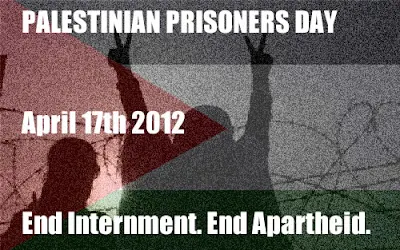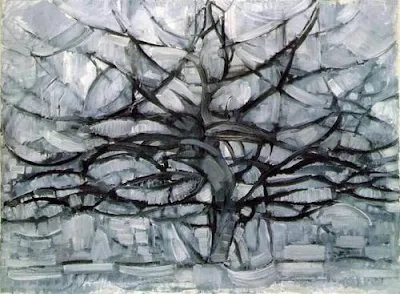The Israeli state was created in May 1948, by a violent occupation of the land of the Palestinian people. This has been combined by a systematic policy of expulsion, persecution against the Palestinian people. Also since 1967, when Israel occupied East Jerusalem as a result of the six-Day War, the West bank and the Gaza Strip, some 700,000 Palestinians have seen the daylight from behind the walls of Israel's prisons, which works out at about 20% of the total population of the Palestinian authority. Israel seems to deny the Palestinians their very existence, and their most basic rights: land, housing, education and health. In the Palestinian authority practically every person has a relative or acquaintance that has spent or is spending time in an Israeli prison. They are considered by the Palestinian people to be freedom fighters, whether they are members of Hamas, Islamic Jihad or any other Palestinian organisation.
The "courts" of the occupation are part and parcel of this denial of Palestinian existence. All forms of dissent are criminalised and there are thousands of Palestinian political prisoners. Also confessions allegedly obtained by duress are accepted as evidence, and Palestines in the Occupied Territories are subjected to Israeli military law, while Israel's ilgal settlers are governed by Israel Civil Law, a clear example of an aparthid system. And many would consider the Occupied Territories themselves as one giant prison camp.
It is in this context that Palestinian political prisoners, including children, will atempt to break this silence, willing to die in order to highlight this daily reality of their lives. The majority of the 4,600 Palestinians have refused their meals today, while 1,200 of them promise to hunger strike indefinitely. Israel also still uses administrative detention, a legislation that dates back to British protectionl of the region. This procedure allows Israel to detain suspects indefinitely without charges being made against them, simply by repeating the implied 6 month periods of detention time after time.
Today is specially symbolic, because it is also the day that Israel release Khader Adnan, who himself spent 66 days on hunger strike.
They have many from the international community on their side, hopefully questioning the impunity of the Israeli state and their own governments involvement, sanding together and expressing their solidarity. Already their have been rallies worlwide to support them with detained activists from the 'Welcome to Palestine' flytilla joining them on hunger strike in solidarity. Hopefully the issue of the Palestinian prisoners will be revived, and they are not simply forgotten, and Israels violations against them will continue to be exposed, personally I support their struggle as part of a universal struggle for human rights, respect and dignity.
Testimony of Palestinian Prisoner - Dr Addul-Azi
Call for international support:
on Palestinian Prisoners Day
http://palsolidarity.org/2012/04/call-for-international-action-show-your-support-on-palestinian-prisoners-day/Palestinians behind Bars: Prisoners without human rights













